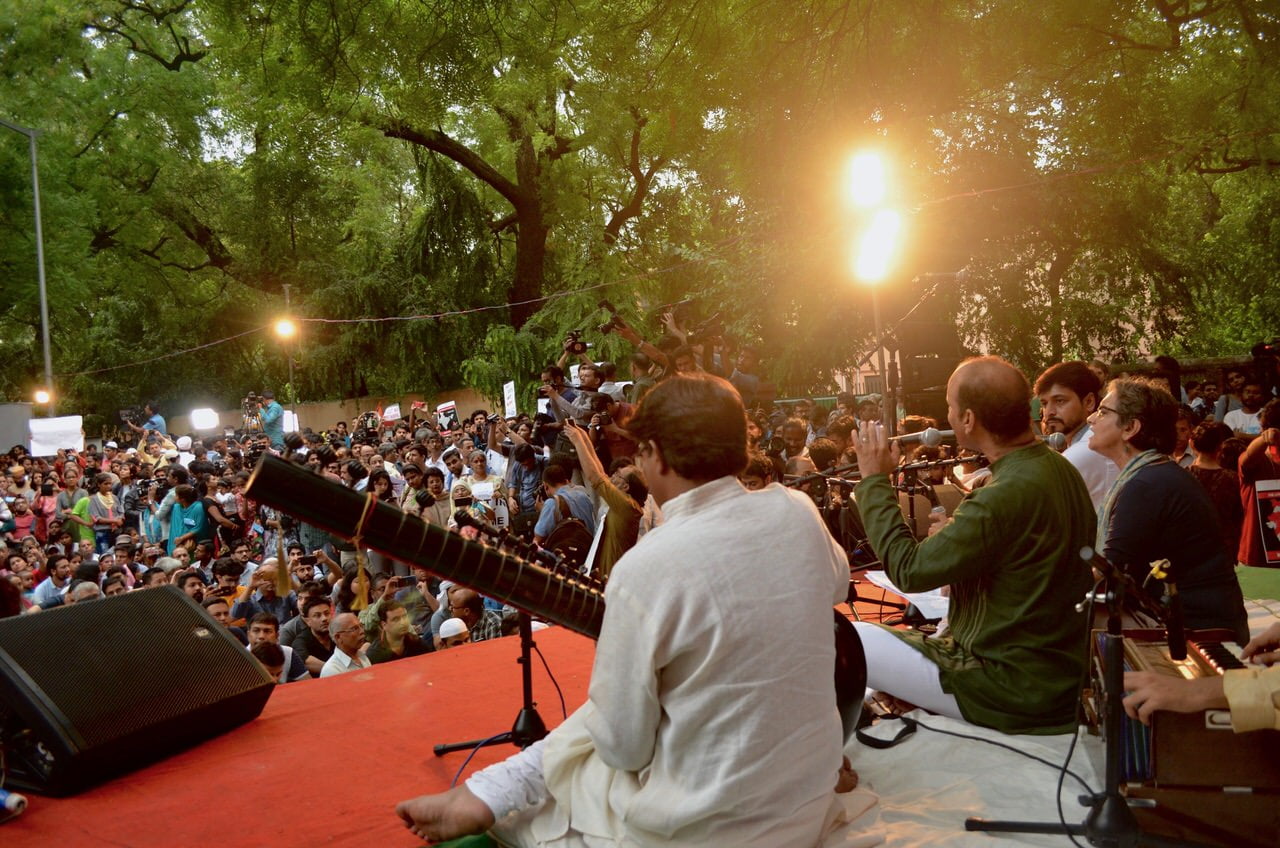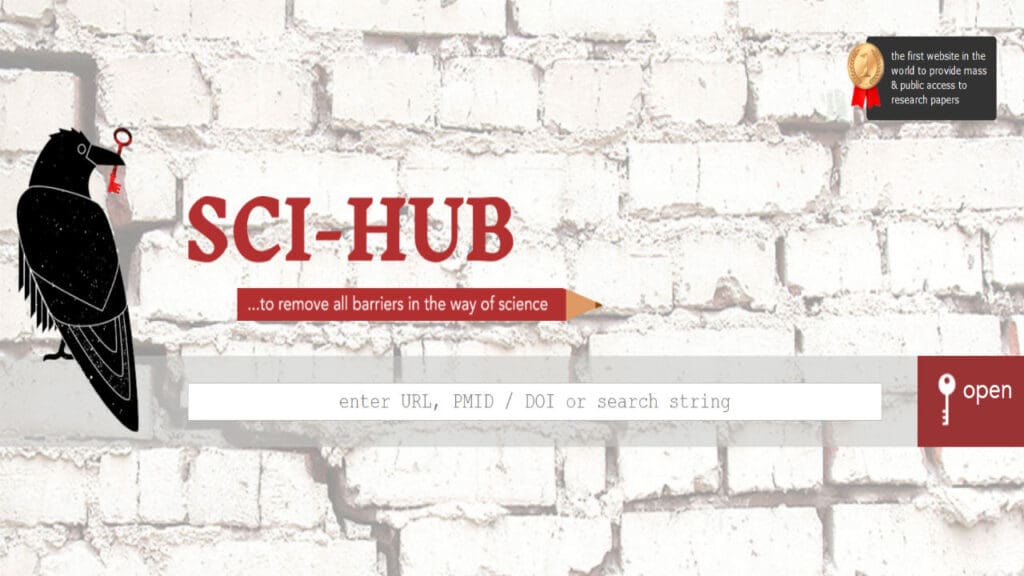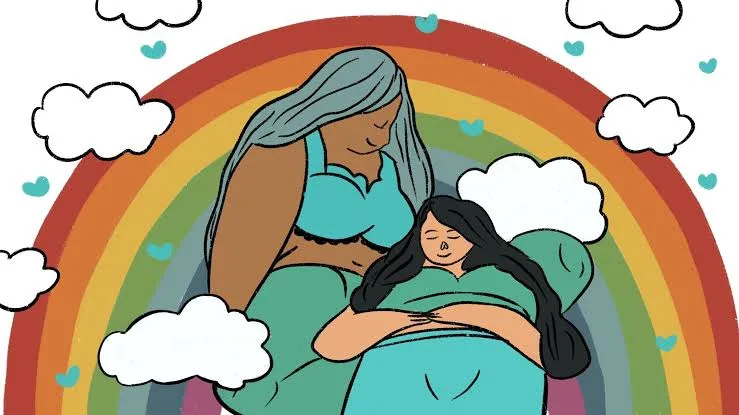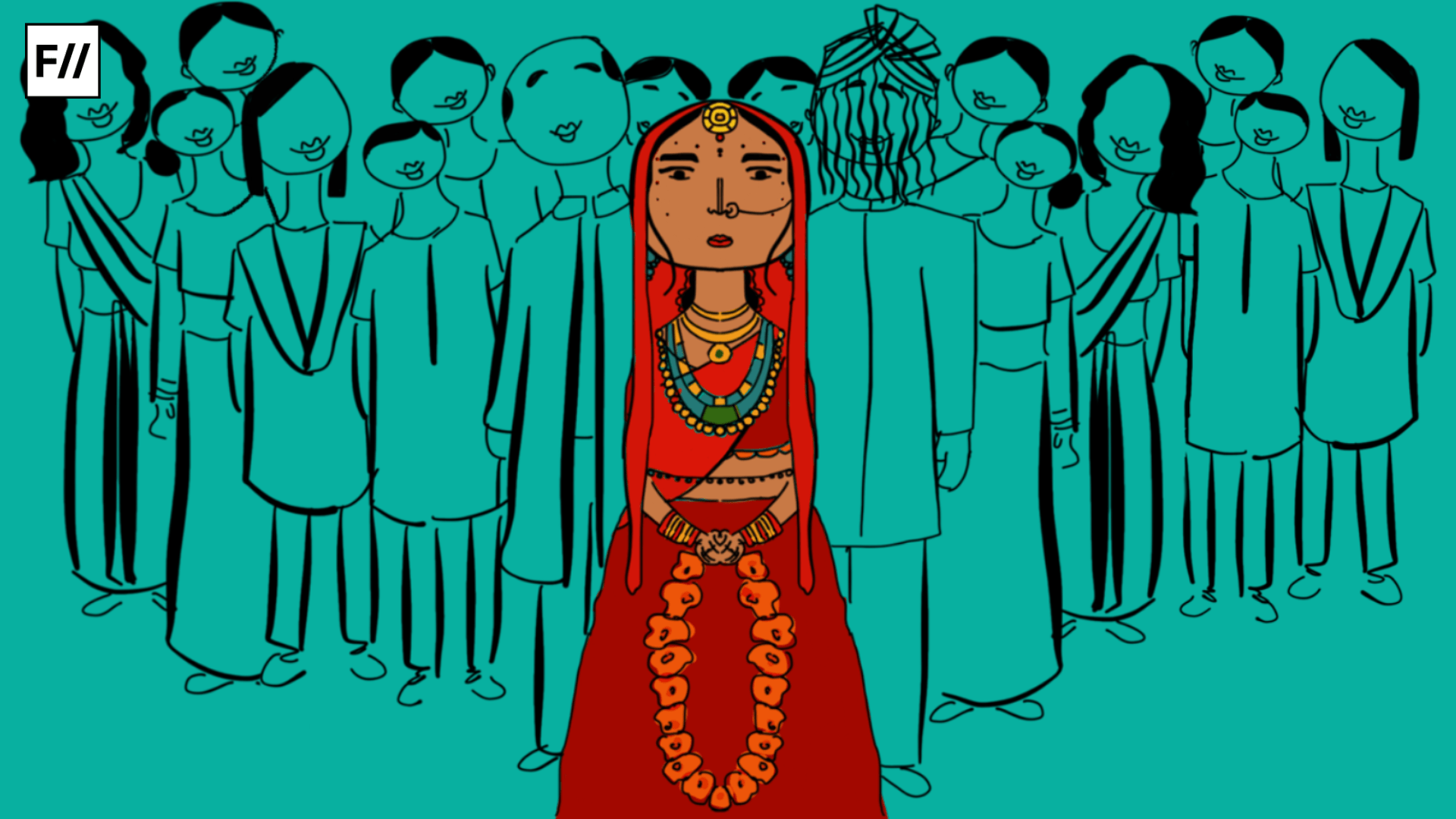On 28th June 2017, people from 13 cities gathered to stage a peaceful protest called ‘Not In My Name’ against the targeted lynchings by Hindutva forces against Muslims, Dalits and other marginalized communities and the culture of bigoted violence that has swept the country over the last year; and the deafening silence by the ruling government over the killings. 6 more cities are slated to participate in the coming days.
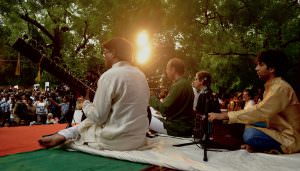
The latest heartbreaking story is of Junaid – a 16 year old boy who had been in Delhi shopping for Eid, who was beaten and stabbed to death at a train station, after being called a ‘beef-eater’ and ‘anti-national’.
The #NotInMyName protest in Delhi saw powerful performances – poetry and songs – on a dais at Jantar Mantar against the backdrop of a “Lynch Map of India” – which marked all the places in India where Muslims and Dalits had been killed since 2015. Poems and performance pieces invoked the names of Junaid, Pehlu Khan, a farmer who was killed for transporting cows, Mohammed Akhlaque, an ironsmith lynched for eating beef, and Bilkis Bano, a woman who was gang-raped and saw her family murdered in the Gujarat 2001 riots – in their grief and outrage over the bigoted violence in the country.
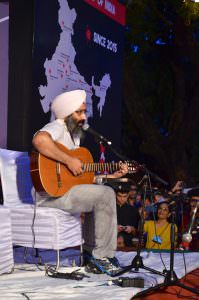
Singer Rabbi Shergill performed at the event.
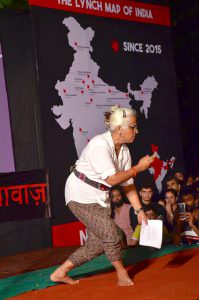
Maya Krishna Rao delivered a powerful performance art piece.
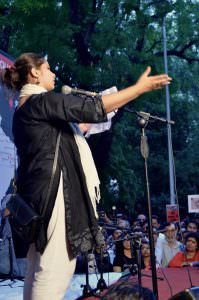
Sabika Abbas Naqvi, a Muslim college student, recited a poem.
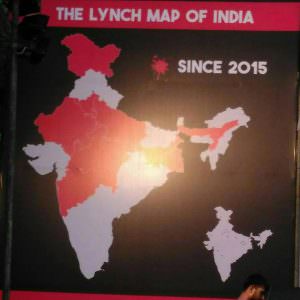
Source: All India Students Association Facebook page
The most heartbreaking moment of the evening was when a close friend of Junaid’s – Mohammed Asaruddin – read out “Junaid’s letter from heaven to his mother”, which had been penned by a journalist friend, choking up several times in the process.
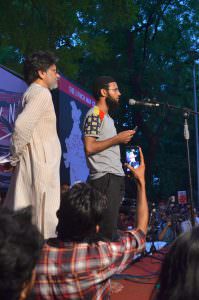
The crowd at Jantar Mantar remained standing, even braving the rains, for the three hour protest, holding up signs and placards reading “Not In My Name”, “Muslim Lives Matter”, and “Hindus Against Hindutva”.
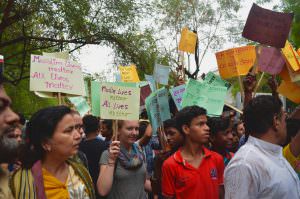
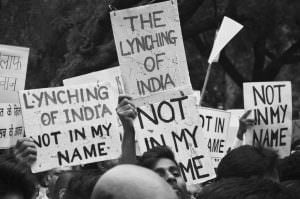
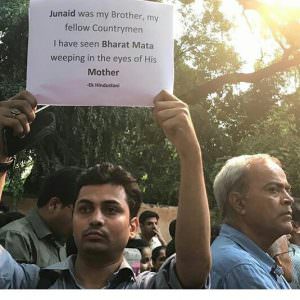
Source: Unknown
The event however, did spark a discussion and criticism due to the choice of its name. The name, “Not In My Name” was inspired by a 1970s anti-government slogan in the United States in opposition to the Viet Nam war.
However, in its present avatar – as a form of Hindus seeking to disavow themselves from the violence and barbarism of the far-right Hindutva factions – it has been critiqued for not questioning the Brahmanism rooted in Hinduism itself, which has been the vehicle of oppression for Dalit-Bahujans. “If we intend to speak against the violence that is inflicted on Muslims and Dalits in this country, we should first learn to utter the word ‘Brahmanism’” wrote Rajesh Rajamani in The News Minute.
All photos, unless stated otherwise, were taken by Asmita Ghosh for Feminism in India.
About the author(s)
Feminism In India is an award-winning digital intersectional feminist media organisation to learn, educate and develop a feminist sensibility and unravel the F-word among the youth in India.
